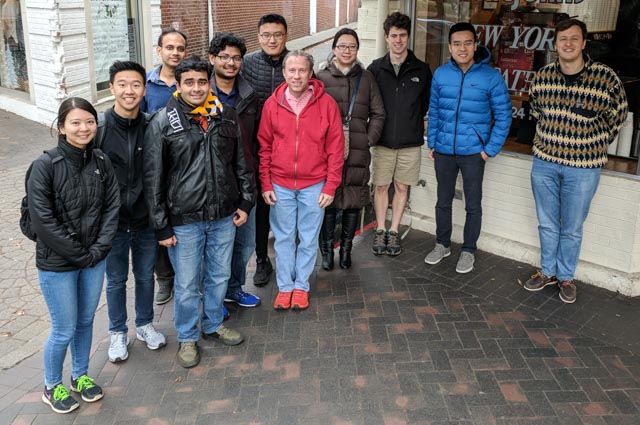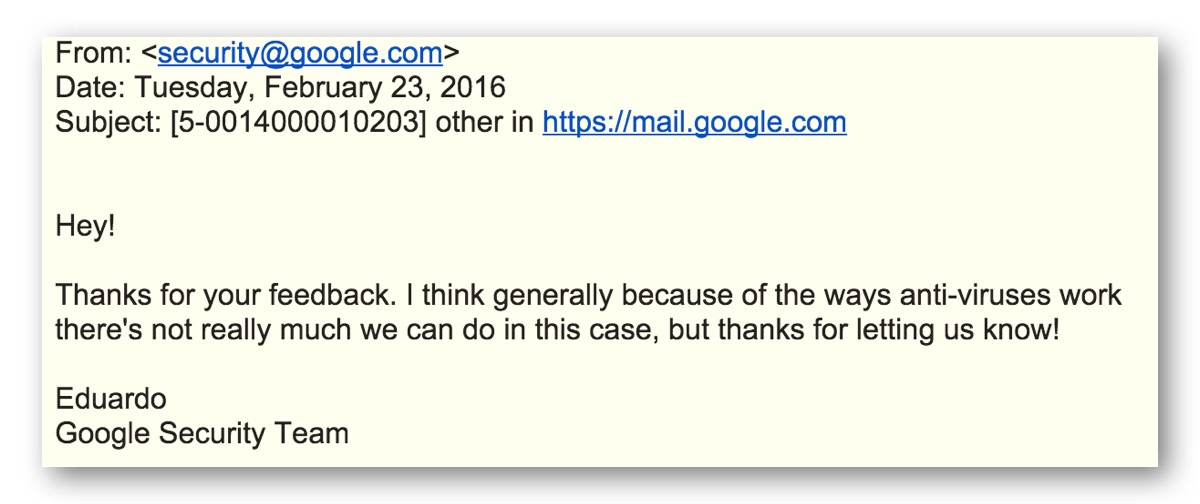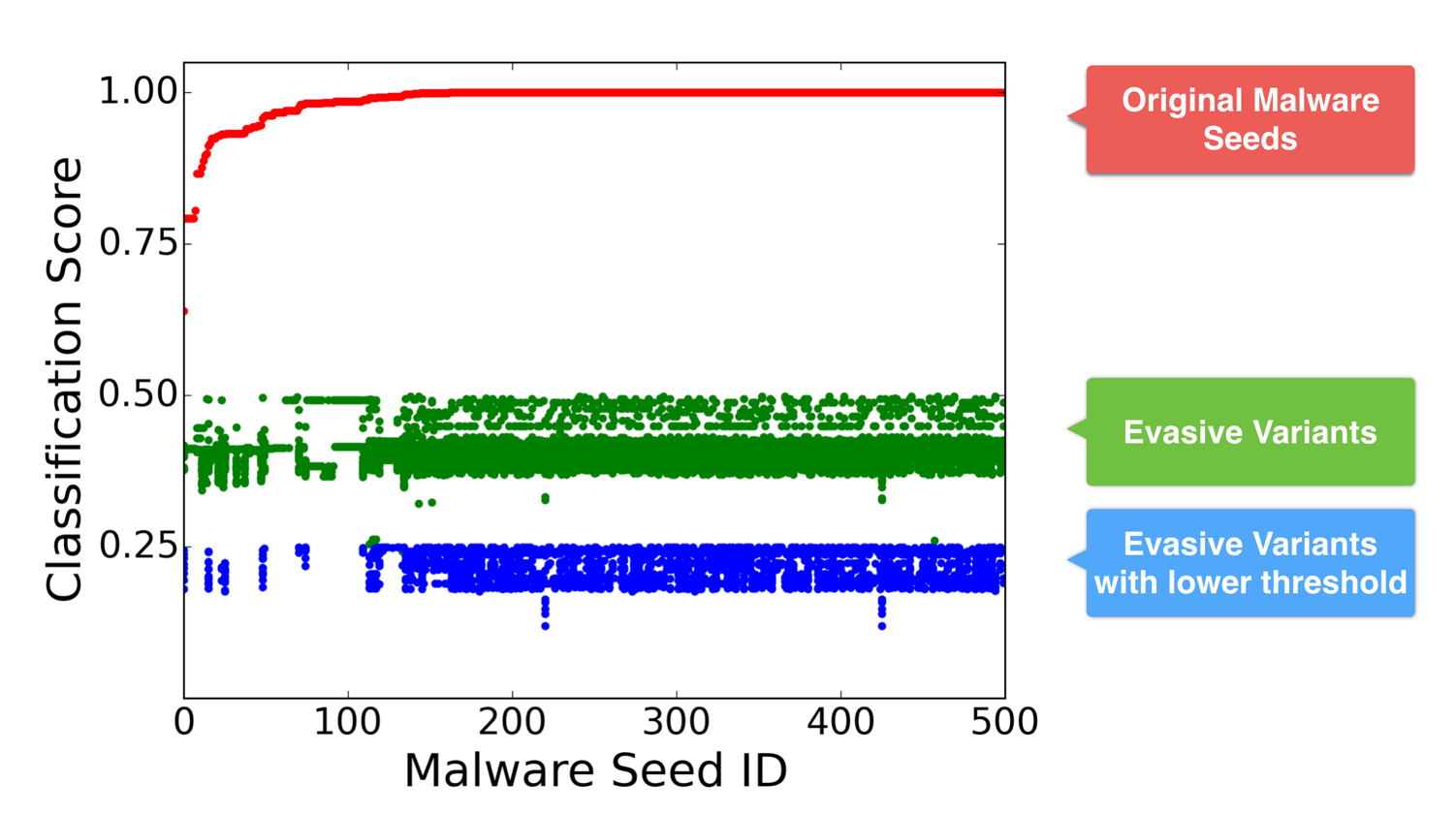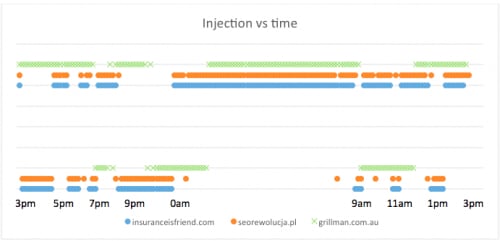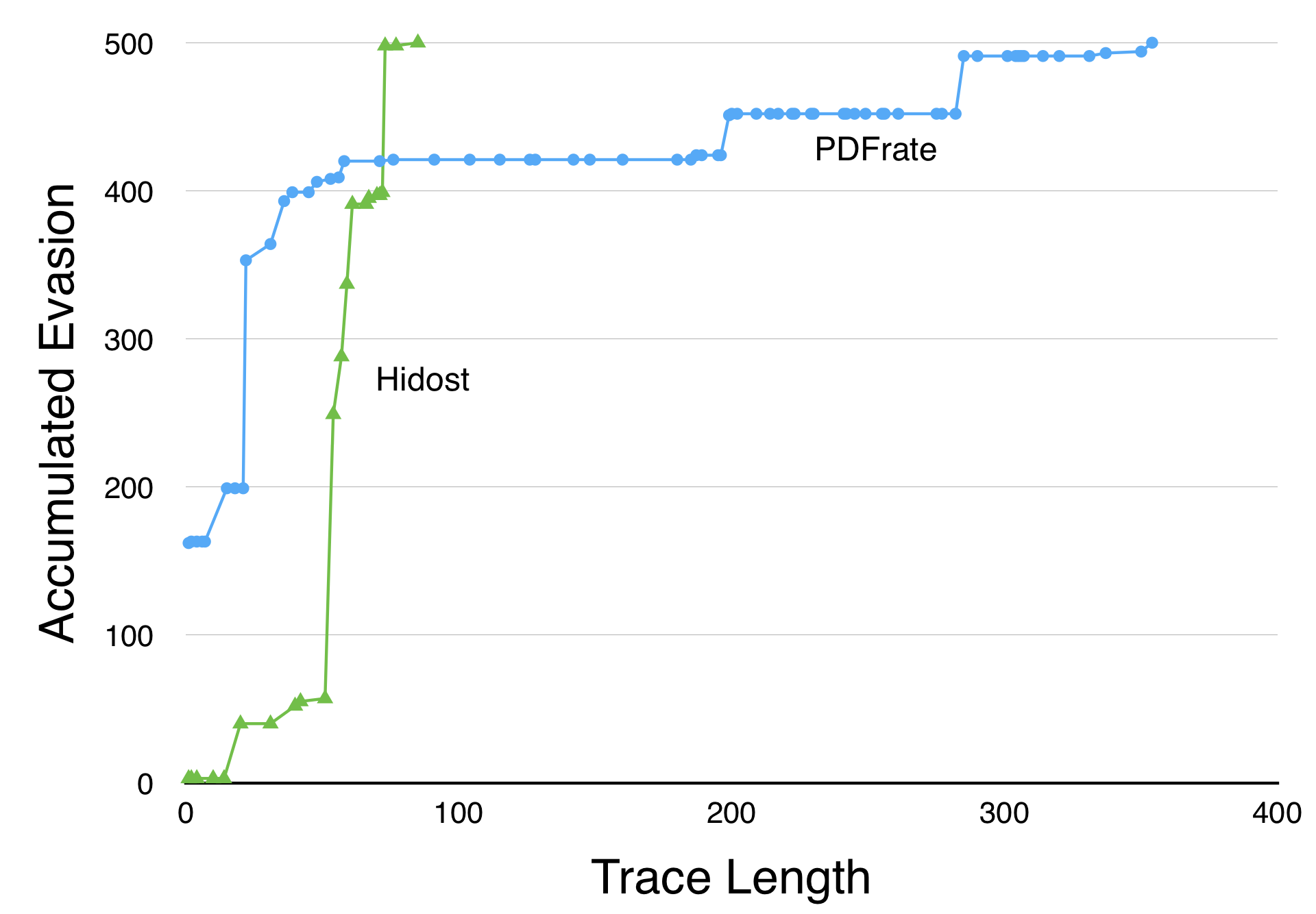Tracking Congressional Phones
18 April 2016Karsten Nohl (SRG CpE PhD 2009) was on CBS’ 60 Minutes (April 17) as their “Moment of the Week”: Hacking into a congressman’s phone.
We heard we could find some of the world’s best hackers in Germany. So we headed for Berlin. Just off a trendy street and through this alley we rang the bell at the door of a former factory. That’s where we met Karsten Nohl, a German hacker, with a doctorate in computer engineering from the University of Virginia.

Karsten demonstrated to the reporter how to track a Congressman’s location and listen in on phone conversations using SS7 vulnerabilities (for a real Congressman, Ted Liu of California, who actually has a CS degree). With permission, of course!
We wanted to see whether Nohl’s group could actually do what they claimed — so we sent an off-the-shelf iPhone from 60 Minutes in New York to Representative Ted Lieu, a congressman from California. He has a computer science degree from Stanford and is a member of the House committee that oversees information technology. He agreed to use our phone to talk to his staff knowing they would be hacked and they were. All we gave Nohl, was the number of the 60 Minutes iPhone that we lent the congressman.
An excerpt from the show was also the 60 Minutes Moment of the Week.

